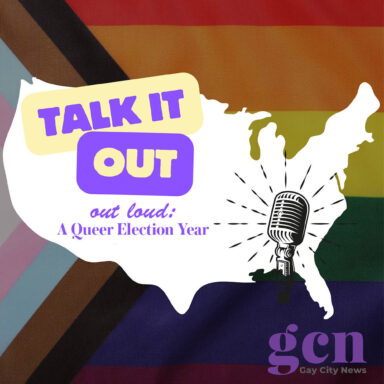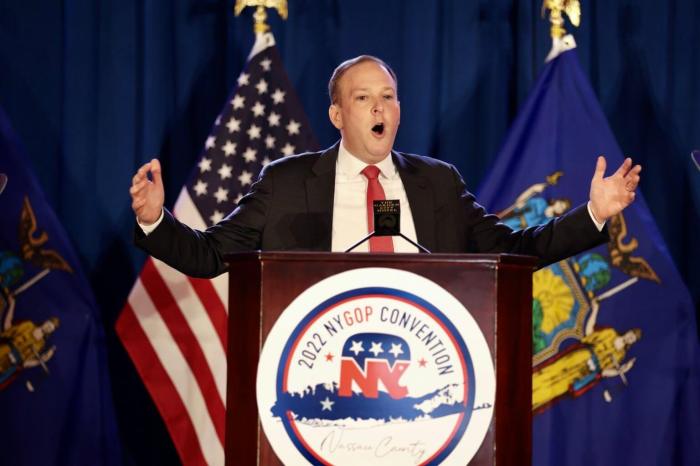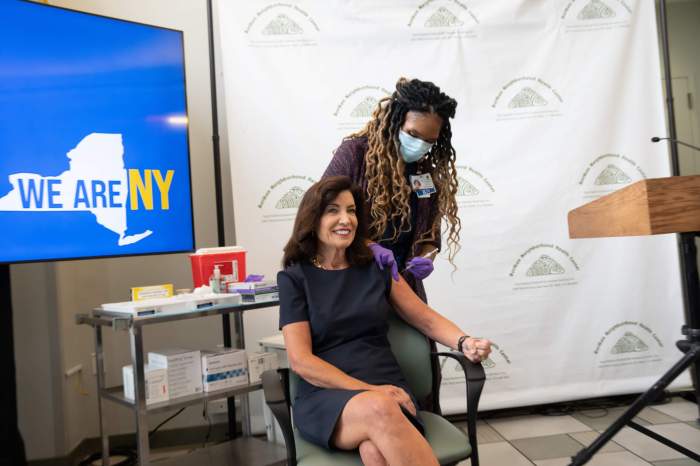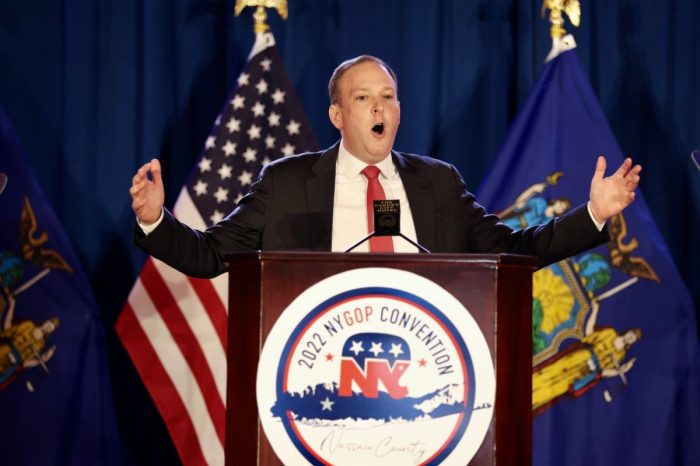When Russia invaded Ukraine earlier this year, the world recoiled in horror, but big oil saw an opportunity to raise prices. The result is that the net income for the world’s oil and natural gas producers is set to double in 2022 from 2021, to a new high of $4 trillion, according to the International Energy Agency.
The same thing may happen in New York soon, only with the insurance industry carrying out the gouging — unless the state takes action to stop it.
Earlier this year, my colleagues and I in the State Legislature passed a long overdue bill to reform New York’s Wrongful Death Law, which dates to 1847. That law tells the survivors of people killed by negligence that the lives of their loved ones can only be measured based on economics—the grief and loss of their survivors is worthless. Domestic partners and unmarried couples are shut out of the courts entirely.
The law entrenches the same inequalities in the rest of society. It literally places a higher value on white lives than those of people of color because people of color make less than money white people. The same is true for women, the elderly and people with disabilities.New York is an outlier here. Every other state, aside from Alabama and Delaware, allow loved ones to be compensated for their grief. New York’s current law is indefensible and it’s appalling that it has taken as long as it did to pass a meaningful reform called the Grieving Families Act. I’m proud that the Grieving Families Act, versions of which have been pending in Albany since I was 10 years old, passed in my first term in the Assembly.
But insurers and special interests claim to be aghast at the prospect of New York joining the 48 other states that treat people’s lives as more than a collection of paychecks. They are issuing doomsday warnings about skyrocketing costs that just don’t stand up to scrutiny.
They’re claiming that insurance rates for doctors could go up 40 percent. Yet, when Illinois — a state much like New York — enacted the same reform in 2007 insurance rates remained flat for the next 10 years.
Who are the insurers making these dire predictions? The largest medical malpractice insurer in New York is the Medical Liability Mutual Insurance Company (MLMIC). MLMIC was formed in 1975 by doctors and for doctors. As a mutual insurance company, it was owned by its policyholders—similar to a coop apartment building being owned by its tenants. If a mutual insurance company has a surplus it can return money to policyholders instead of stockholders.
However, in 2018, former Governor Andrew Cuomo allowed MLMIC to be taken over by a huge conglomerate that owns insurers all over the country. Among its other holdings are GEICO insurance and NetJets, which provides private planes to the super rich. The net income of MLMIC’s parent company more than doubled last year to $89,795,000,000. That’s nearly $90 Billion. Yes, Billion with a B. When someone is killed by medical malpractice, their survivors shouldn’t receive less simply because the victim is a person of color, a woman, a child, a senior, or someone with a disability. And it’s equally clear that MLMIC’s parent company could easily afford to pay these claims fairly.
The insurers know this too. I suspect they are posturing now so that they can take a page out of the big oil playbook and try to score windfall profits down the road.
New York shouldn’t let that happen. When Governor Kathy Hochul signs the Grieving Families Act, as she must before New Years, she should also instruct the Department of Financial Services to unwind the sweetheart deal her predecessor approved. Failing that, the Legislature should step in to regulate medical malpractice insurance company profits.
Emily Gallagher is the assemblymember for the 50th AD in Brooklyn, representing Greenpoint, Williamsburg, Clinton Hill and Fort Greene.
























